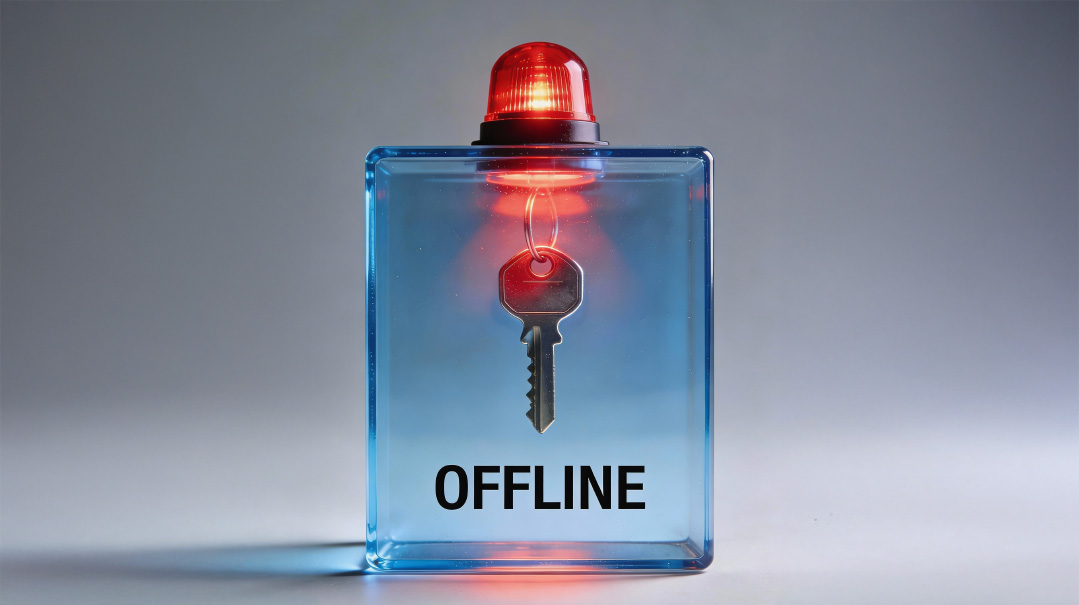Party Pooper
| March 4, 2025The bas mitzvah rule is for everyone's good; why are you sabotaging it?

Mrs. Pearl: You flouted rules that we work so hard to put in place for everyone’s benefit.
Nina: Why is my daughter the scapegoat for all the girls who got away with it?
Mrs. Pearl
Sixth grade! The year of social dramas, sudden growing up, and… bas mitzvahs.
When I took the job several years back, bas mitzvah meant something different. We’d have a special class once a week on the topic, and at the end of the year, there would be a big celebration — a mother-daughter party with a theme and performance — where the entire class would celebrate together.
But like everything, this has changed over the years.
There was always a rule against having friends at bas mitzvah parties; it just invited jealousy, exclusion, and other issues. But as parties became fancier and excessive events became the rule rather than the exception, the school really tightened up on this.
“Of course you will get to celebrate your bas mitzvah. That’s why we do the end-of-year event for the whole class,” I explained to my students. And we made sure those parties were magnificent — mothers and grandmothers invited, a beautiful performance, upscale food, photo booths, and more. “And you will get to celebrate with your families too. But the school doesn’t allow friends at bas mitzvah parties.”
Not everyone kept the rules; we knew that. It wasn’t possible to enforce something that took place out of school. But we tried to speak to the girls often, communicated with the parents, and explained how important it was to keep things from spiraling out of control.
So yes, there were workarounds — girls going as “waitresses,” or classmates who were somehow related. “Family friends,” as one innocent sixth grader told me. “That’s like cousins, no?”
The principal, Mrs. Bloch, called in some of the girls who had broken the rules. But by then, obviously, it was a little too late.
“Maybe the girls need something more in school, something that makes them feel special as individuals, not just the class party,” I suggested to the principal at the end of the year. “I was thinking about doing a monthly party next year, each Rosh Chodesh, for the girls who turned bas mitzvah that month. They could choose a theme, décor, program, we could give it an hour or two, and let them have the feeling of having ‘their own party’ in school?”
“Monthly parties is a lot of work,” Mrs. Bloch said. “And you’re doing so much for the end-of-year event… but if you think it’s important, let’s see how we can make it work.”
When we met with the mothers at the start of the year and explained the bas mitzvah rules and program, we introduced the new monthly party as well. They were excited, immediately chiming in with ideas and happy to get involved with “their” month’s planning.
The girls were super excited about the new idea as well, especially about being the first year to debut it, and we dived right in, grouping together the girls who had already turned bas mitzvah to create the first Rosh Chodesh event of the year. Another teacher, Miss Jacobs, agreed to take care of the performance part of the event — the bas mitzvah girls each month would put on some sort of production or presentation — and I helped them arrange the décor, food, and souvenir, alongside a couple of volunteer mothers.
Most of the time, my role involved reining in their grandiose ideas — no, bringing in one of the frum female singers to lead a kumzitz was not an option, and neither was renting a 4D experience package.
But once we settled into the year and the first couple of parties went down, the girls got the idea — and they loved it. All the work, recess meetings, and arrangements with girls and their mothers was worth it, seeing that month’s bas mitzvah girls dressed in their coordinating outfits, dancing and singing and twirling around as they played hostess to their classmates. Each party had a theme — the first month was tefillah, the second group chose simchah — and one of the girls gave a devar Torah on the topic. It was classy, fun, exciting, yet refined — no crazy expenses, no extravagance or pressure.
The parties officially took place during lunch period, but of course, the bas mitzvah girls needed time to prepare, and the party generally ate away at the last period before lunch and the early part of the afternoon. Still, I maintained, it was worth it. We were helping the girls feel special, celebrating their bas mitzvah month in a way that was empowering, positive, and keeping the focus on the meaning of the celebration, rather than the fancy trappings.
With all that, I assumed the girls would find it easier to stick to the rules and skip the fancy parties at home — or at least, keep to the school’s rules and not invite their friends. When I heard about a couple of girls hosting a “Shalosh Seudos party” at home with a bunch of friends, which somehow segued into a Melaveh Malkah party with themed décor and swag, I wasn’t happy.
It wasn’t exactly breaking the rules — girls could invite friends over for Shalosh Seudos; why not? But it was the spirit of it, trying to get around the rules and get the better of the system that bothered me.
We were putting hours and hours and hours into celebrating their bas mitzvahs in a beautiful way in school. Why were the girls — and their parents — still insisting on trying to get away with things that they knew the school didn’t approve of?
Oops! We could not locate your form.







